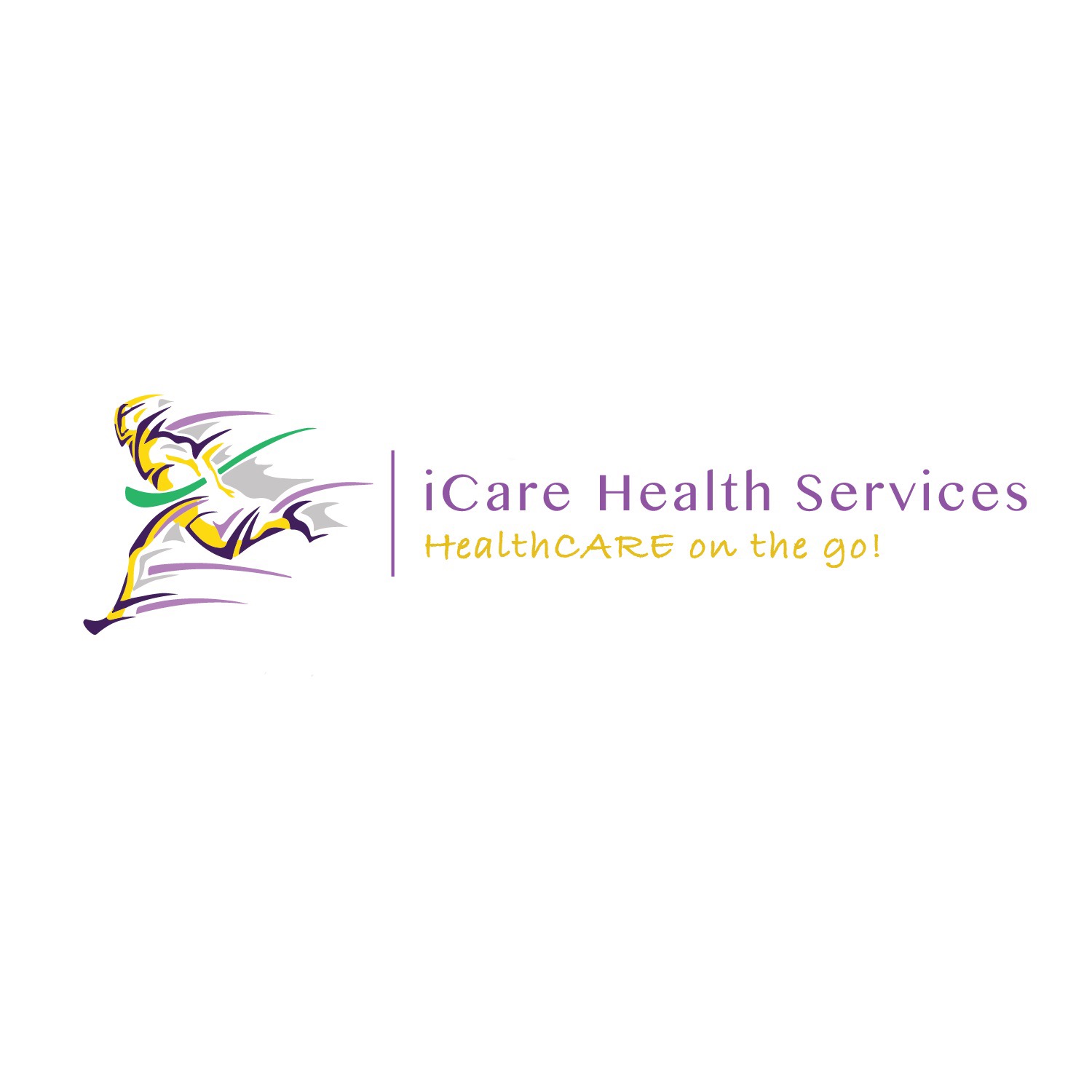Menopause
- iCare Health Services

- Jun 6, 2024
- 2 min read
Menopause: A privilege? Menopause Menopause is the time that marks the end of your menstrual cycle. It's diagnosed after you've gone 12 months without a menstrual period. Menopause can happen in your 40s or 50s, but the average age is 51 in the United States. The menopausal transition (perimenopause) occurs after the reproductive years but before menopause and is characterized by irregular menstrual cycles and endocrine changes. At iCare Health Services in Laurel, we evaluate and manage menopause symptoms and help our clients navigate their concerns better. What is Menopausal transition? — As the process of ovarian follicular depletion continues in midlife, women eventually experience a change in intermenstrual interval. This change in bleeding pattern, which is accompanied by hormonal fluctuations and a variety of symptoms, is referred to as the menopausal transition, or perimenopause, and occurs on average at age 47 years. What is a Clinical Presentation? The menopausal transition, or perimenopause, begins, on average, four years before the final menstrual period and includes several physiologic changes that may affect a woman's quality of life. Hot flashes are the most common symptom for women in the menopausal transition. They are most common in the late menopausal transition and early postmenopausal stage. Hot flashes are often associated with sleep disturbances. Hot flashes – The most common symptom during the menopausal transition and menopause are hot flashes (also referred to as vasomotor symptoms or hot flashes), which occur in up to 80 percent of women. Mood Swings Anxiety and depression symptoms, which are expected during the menopausal transition, may also contribute to sleep disturbances; in one study, they were predictive of subjective sleep disturbances. Also, perimenopausal women with hot flashes are more likely to be depressed. Cognitive changes During the menopausal transition, some women describe symptoms such as forgetfulness, difficulties with word retrieval, and "brain fog. Higher serum estradiol concentrations in women, a reflection of residual ovarian activity, were associated with better performance. Thus, some evidence suggests that in early midlife, women outperform men on memory tasks. Still, with the onset of menopause and decline in serum estradiol, any memory advantage diminishes. Joint aches and pain – In recent studies, joint aches and pain are a commonly reported symptom in 50 to 60 percent of women. While women who are obese or depressed are more likely to experience joint pain, there also appears to be an association with menopausal status. Cardiovascular disease—The risk of cardiovascular disease increases after menopause, thought to be at least in part due to estrogen deficiency. This may be partly mediated by changes in cardiovascular risk factors, such as lipid profiles, that begin to change during perimenopause. The SWAN study shows a small increase in serum low-density lipoprotein (LDL).
Please find out how we can help. At iCare Health Services, we assess, evaluate, and treat clients by reducing their symptoms and making the menopause process more tolerable. We also provide vital infusions for clients who will benefit from symptom relief. Please get in touch with our office, make an appointment, and get the relief you need today.


Comments